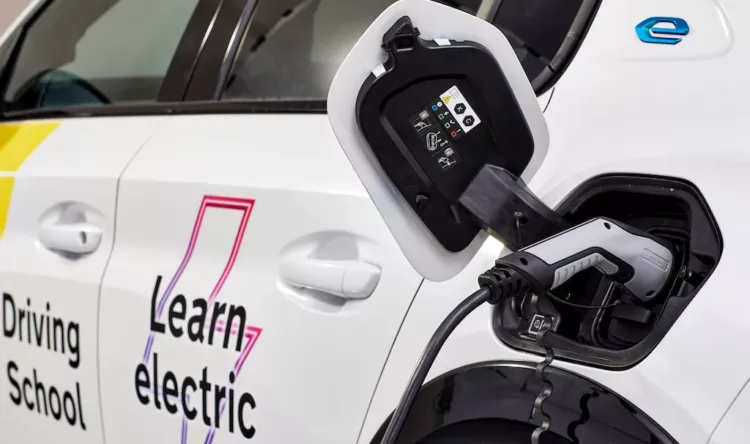Summer satisfaction
What fuels young people to learn to drive
Work and education are the top motivations for young people to learn to drive and pas their test.
That’s the conclusion of new research from the AA Driving School.
Getting ahead
The majority of young drivers (61%) surveyed said they had a personal deadline they wanted to pass their driving test in time for.
However, when considering all age groups, this figure fell to one fifth (21%). It indicates that younger drivers are more motivated by very specific goals to get behind the wheel.
Older drivers aged 65 plus were the most likely to say they had no ambition to pass their driving test by a particular point (81%). Just 3% of older drivers had been motivated to pass their driving test by starting further education, while 9% were spurred on by work commitments.
Here comes summer
Meanwhile, the overall top motivator amongst young drivers aged 18-to-24 was to pass in time for the summer (20%). Passing in time for a work or educational commitment motivated almost half (49%) to switch their provisional licence for a full.
Interestingly, AA Driving School data shows that in 2022 the most popular month for driving lessons is November. This could perhaps align with those who have been motivated by started college away from home requiring transport. It could also signify the wish to pass before the start of the next academic year or, indeed, the beginning of summer.
Motivated
The top deadlines young drivers (18-to-24) wanted to pass their practical test in time for were:
- In time for summer (20%)
- A work commitment (19%)
- Starting further education (19%)
- Leaving childhood home (12%)
- Their birthday (12%)
- An educational commitment (11%)
- Driving to a holiday (5%)
- Before the weather worsened (3%)
Camilla Benitz AA Driving School Managing Director believes the survey sheds a light on young learner motivations. It is also interesting to see how this differs from older generations.
“The pandemic and cost-of-living crisis mean most people are really considering how to spend their time and money. For young people, learning to drive is clearly more of a practical consideration rather than an emotional one and they are really looking at the benefits driving will bring them.
“Having a driving licence is a gateway to independent adult life for many young people. It opens up the door to more education and employment opportunities, which perhaps they are under greater pressure to consider than previous generations.
“The fly in the ointment to this is the driving test backlog which means many learners up and down the country are facing lengthy waits to book their practical test. The fact so many are clearly trying to pass in order to access education or employment only makes the backlog a more bitter pill to swallow.”







